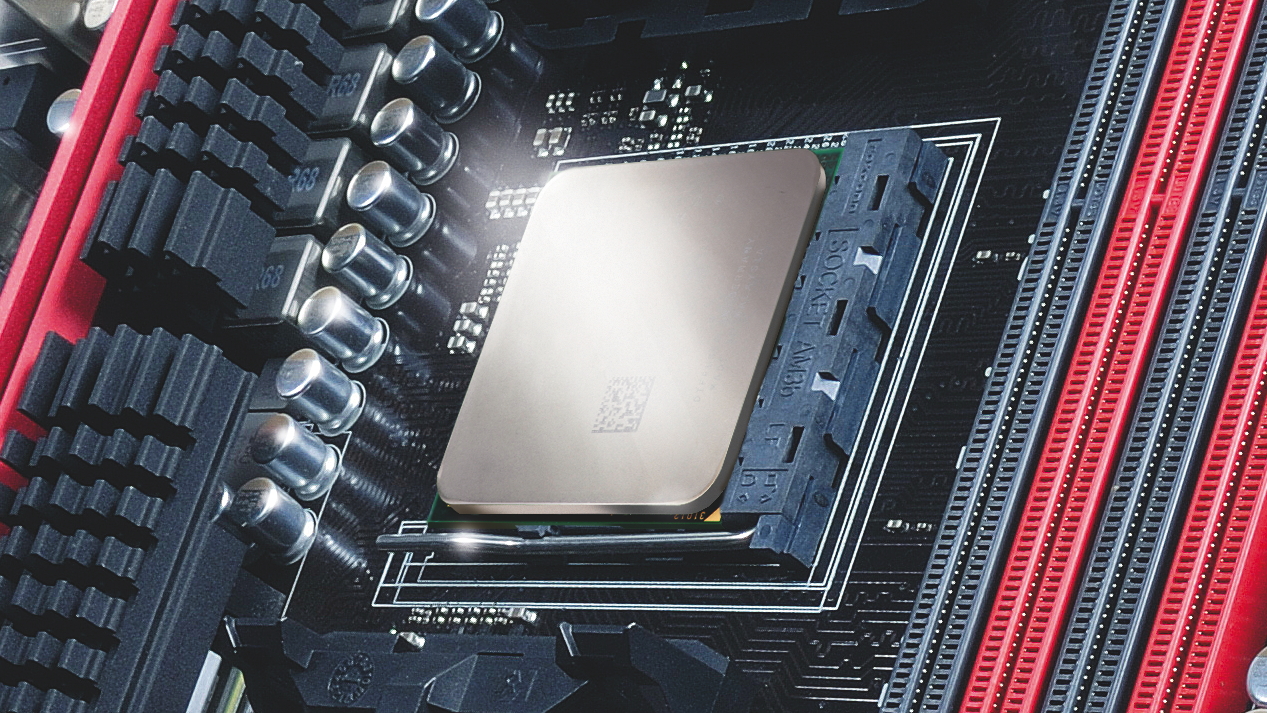AMD embeds more graphics power with Radeon E8860
Has 2GB of GDDR5 memory

AMD has released its Radeon E8860 GPU which it hopes will find buyers among gadget makers who want to bake more powerful and immersive graphics and parallel processing into their devices.
Codenamed "Adelaar", AMD claims that the chip is the industry's first discrete graphics card based on Graphics Core Next architecture.
The chip has double the performance in the same power envelope as its predecessor and can manage 3D and 4K graphics to embedded gaming machines, digital signage, medical imaging, commercial aerospace and other embedded uses.
768 GFLOPS
AMD claims that the Radeon E8860 GPU has a 33 percent higher single precision floating point over the previous generation chip and can manage 768 GFLOPS.
Scott Aylor, corporate vice president and general manager at AMD, said demand for rich, vibrant graphics and enhanced parallel compute capabilities in embedded systems is greater than ever before, and is expected to continue to grow as we enter the Surround Computing era.
The AMD E8860 GPU is designed in multi-chip module packaging and is available as a mobile PCI Express module (MXM) or PCI Express add-in-board.
The AMD E8860 GPU drives multiple displays with support for AMD Eyefinity Technology, and supports DirectX 11.1, OpenGL 4.2, and OpenCL 1.2 with support for Microsoft Windows 7, Windows Embedded 7 Standard, Windows 8/8.1, Windows Embedded 8 Standard, Linux and CoreAVI's suite of embedded software drivers.
Are you a pro? Subscribe to our newsletter
Sign up to the TechRadar Pro newsletter to get all the top news, opinion, features and guidance your business needs to succeed!
Better than Nvidia
It has 2GB of GDDR5 frame buffer and delivers up to 80 per cent higher memory bandwidth than the best-performing of NVIDIA's sub-50W category GeForce GPUs, AMD claims.
The GPGPU capabilities for parallel processing with up to 61 percent higher performance-per-watt than competing sub-50W category of discrete GPUs.
Embedded demand
Chris Rommel, Executive Vice President of M2M Embedded Technology at VDC Research said that embedded GPUs like the AMD E8860 will help the increasingly stringent OEM preferences for HD, 3D and even 4K display.
"The proliferation of GPGPU computing will expand the applicability of GPUs beyond visual applications into medical, conventional military and commercial aerospace applications where massive parallel compute is a necessity," he said.